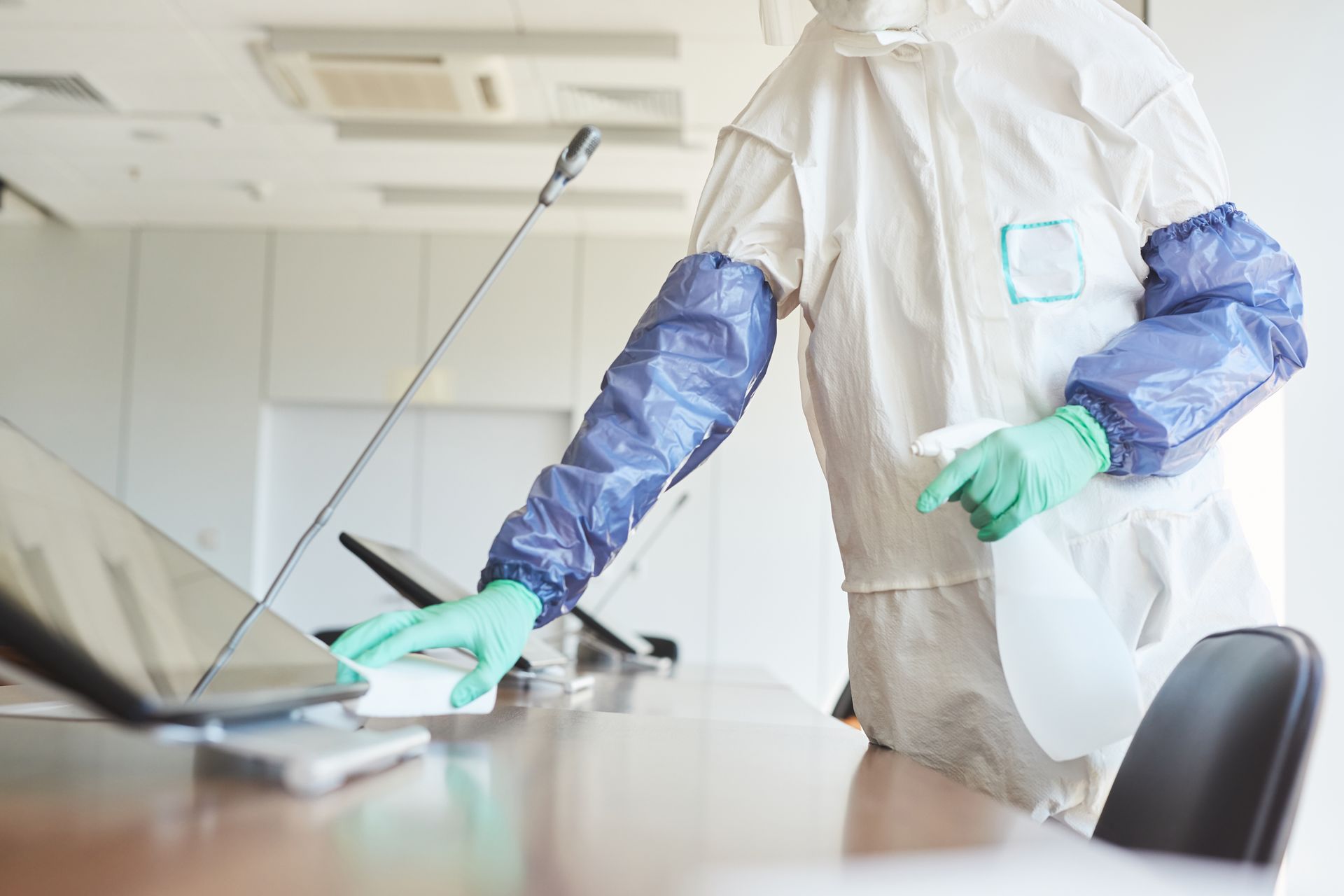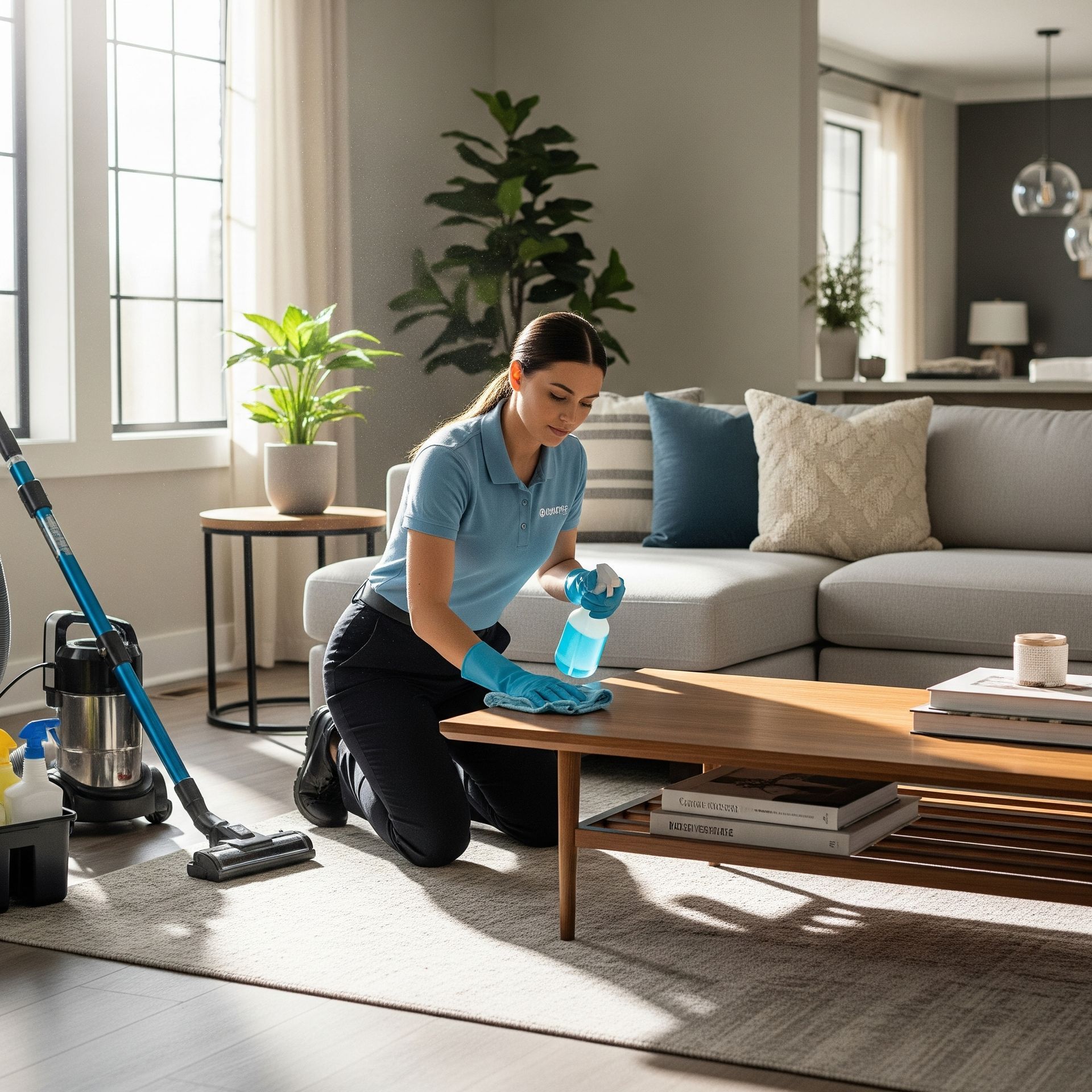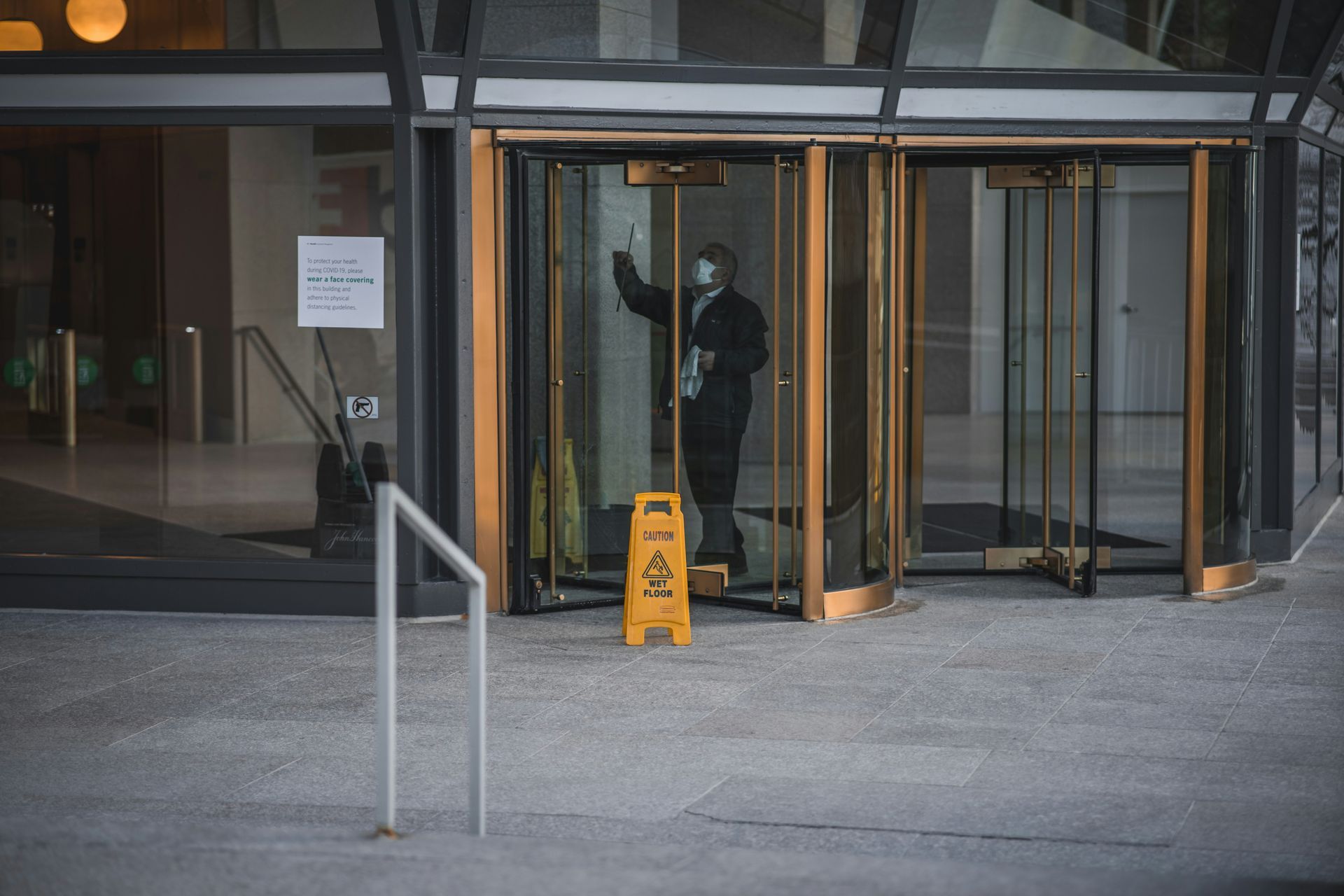Keep Your Clinic Clean and Germ-Free: Medical Office Cleaning Tips from the Experts
Maintaining a clean and hygienic environment is paramount in any medical office. Not only does a clean space promote a positive experience for patients, but it also plays a significant role in their health and safety. As medical offices and healthcare facilities see a continuous flow of patients, the risk of infection and the spread of germs becomes a critical concern. For these reasons, medical office cleaning services are indispensable in ensuring that the space remains spotless, hygienic, and safe for all.
How Fast Infections Can Spread in Medical Offices
Medical offices are high-risk environments for the spread of infections due to the continuous flow of patients, healthcare workers, and visitors. The confined spaces, shared equipment, and high-touch surfaces make these environments prone to contamination. Understanding the rapid spread of infections in medical offices is crucial for healthcare facilities to implement effective cleaning and infection control measures.
Rapid Spread of Infections in Healthcare Settings
In healthcare environments, infections can spread quickly, sometimes within hours, if proper hygiene and cleaning protocols are not followed. Several studies and research findings highlight how easily germs and pathogens can transfer in these settings:
- Direct Contact and Surface Contamination: A study published in
The American Journal of Infection Control found that high-touch surfaces such as doorknobs, light switches, and patient beds are often contaminated with bacteria and viruses within a short period. The researchers found that bacteria on these surfaces could survive for hours, leading to cross-contamination when patients or staff touch them and then come into contact with their eyes, mouth, or other mucous membranes.
- Pathogen Spread through Air: The
Journal of Hospital Infection reports that respiratory infections, such as the flu or COVID-19, can spread rapidly in medical offices through airborne particles. In settings with poor ventilation, airborne pathogens can remain suspended in the air for extended periods, infecting patients and staff alike. The CDC has found that diseases like influenza can spread in medical offices quickly, especially in waiting rooms where many people congregate in close proximity.
- Environmental Surfaces as Pathogen Reservoirs: According to the
National Institutes of Health (NIH), environmental surfaces in medical offices, especially in patient rooms, can act as reservoirs for pathogens. In one study, researchers found that after a single patient visit, surfaces in the patient’s room, including the bedrails, light switches, and counters, were contaminated with pathogenic bacteria, including methicillin-resistant
Staphylococcus aureus (MRSA). The study highlighted the speed at which these bacteria could be transferred from patients to the environment and later from the environment to healthcare workers or other patients.
- Healthcare Worker-to-Patient Transmission: Healthcare workers are often at the forefront of infection control, but they are also a key link in the chain of infection spread. The Journal of Infection and Public Health reported that healthcare workers' hands can carry pathogens from one patient to another if proper hand hygiene practices are not strictly followed.
In environments like medical offices, where workers move from patient to patient, pathogens can be transmitted through direct contact or through contaminated equipment and surfaces.
How Quickly Can Infections Spread?
The speed at which infections can spread in a medical office depends on several factors, including:
- Type of Infection: Respiratory infections such as the flu or common cold can spread within hours of exposure, especially if patients and staff are in close contact. Bacterial infections, like MRSA or Clostridium difficile, can linger on surfaces for much longer, sometimes up to several days, leading to indirect transmission.
- Cleaning and Disinfection Practices: Medical offices that adhere to strict cleaning protocols can significantly reduce the spread of infections. However, when cleaning is inconsistent or ineffective, the likelihood of infection spreading increases rapidly. A study in the
American Journal of Infection Control found that improper cleaning practices in medical offices led to a 25% higher risk of patient-to-patient transmission of pathogens.
- Patient Density and Office Layout: Overcrowded waiting rooms or poorly organized office layouts can facilitate the rapid spread of airborne pathogens. Studies have shown that the risk of airborne infections like tuberculosis and flu increases in areas where ventilation is poor and patients are in close proximity to each other for extended periods.
Research Findings on the Spread of Infections
Research consistently demonstrates the speed and ease with which infections can spread in medical offices. Key findings include:
- High-Touch Surfaces: The
CDC reported that high-touch surfaces in medical offices (e.g., waiting room chairs, doorknobs, examination tables) are frequently contaminated, making them significant vectors for the spread of infections. Cleaning these surfaces regularly can help reduce the rate of transmission.
- Airborne Pathogens: According to research published in
The Journal of Infectious Diseases, airborne pathogens such as influenza and respiratory syncytial virus (RSV) can remain viable in the air for hours in medical offices, posing a risk to anyone in close proximity. Good ventilation and air filtration systems are essential in mitigating the spread of these infections.
- Cross-Contamination Risks: A study by Infection Control & Hospital Epidemiology found that cross-contamination via shared medical equipment is a significant risk factor for infection spread. Cleaning medical devices between patients and ensuring they are free of pathogens before use is critical to minimizing this risk.
Final Thoughts
Maintaining a clean and tidy medical office is crucial for patient safety, staff health, and creating a welcoming environment.
By prioritizing high-touch surfaces, creating a cleaning schedule, using medical-grade cleaning products, and training staff on hygiene practices, you can significantly improve the cleanliness of your facility.
Additionally, relying on professional medical office cleaning services can help maintain the highest standards of hygiene and infection control.
Keep You Medical Clinic Clean and Fresh!
Ensure your medical office stays clean, safe, and inviting with Logistics Cleaning Services LLC. Founded in 2023, Logistics Cleaning Services has quickly earned a reputation for providing trusted and reliable commercial cleaning services in the Houston area.
Our team specializes in medical office cleaning and understands the specific requirements of healthcare facilities.
From patient rooms to waiting areas, we provide thorough and professional cleaning services that meet the highest standards for hygiene and safety.
Our expert cleaning services are available in Rosenberg, Sugar Land, Katy, and surrounding communities.
Contact us today for customized cleaning solutions tailored to your medical office needs. Let us handle your cleaning, so you can focus on patient care. Logistics Cleaning Services—your trusted partner in healthcare facility cleaning!





